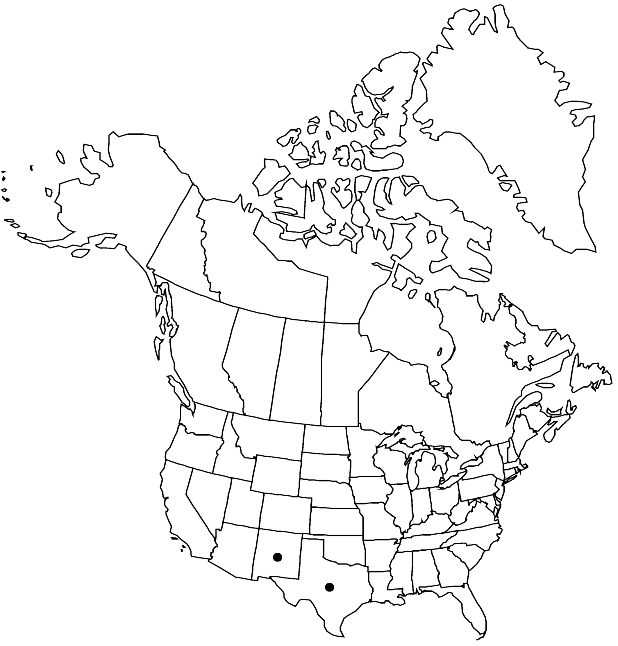Difference between revisions of "Selenia dissecta"
in War Department [U.S.], Pacif. Railr. Rep. 2(2): 160. 1855.
FNA>Volume Importer |
imported>Volume Importer |
||
| (One intermediate revision by the same user not shown) | |||
| Line 1: | Line 1: | ||
{{Treatment/ID | {{Treatment/ID | ||
|accepted_name=Selenia dissecta | |accepted_name=Selenia dissecta | ||
| − | |accepted_authority=Torrey & A. Gray | + | |accepted_authority=Torrey & A. Gray |
|publications={{Treatment/Publication | |publications={{Treatment/Publication | ||
|title=in War Department [U.S.], Pacif. Railr. Rep. | |title=in War Department [U.S.], Pacif. Railr. Rep. | ||
| Line 32: | Line 32: | ||
-->{{#Taxon: | -->{{#Taxon: | ||
name=Selenia dissecta | name=Selenia dissecta | ||
| − | |authority=Torrey & A. Gray | + | |authority=Torrey & A. Gray |
|rank=species | |rank=species | ||
|parent rank=genus | |parent rank=genus | ||
| Line 46: | Line 46: | ||
|publication year=1855 | |publication year=1855 | ||
|special status= | |special status= | ||
| − | |source xml=https:// | + | |source xml=https://bitbucket.org/aafc-mbb/fna-data-curation/src/2e0870ddd59836b60bcf96646a41e87ea5a5943a/coarse_grained_fna_xml/V7/V7_794.xml |
|tribe=Brassicaceae tribe Cardamineae | |tribe=Brassicaceae tribe Cardamineae | ||
|genus=Selenia | |genus=Selenia | ||
Latest revision as of 22:36, 5 November 2020
Plants winter annuals, (often nearly acaulescent). Stems (often inflated into 2.3 cm thick crown), usually ascending, rarely decumbent, 0.8–2.2 dm (when formed). Basal leaves rosulate; petiole 0.5–3(–5) cm; blade margins usually 2-, rarely 3-pinnatisect, (2–)3–10(–15) cm; lobes 5–10(–15) on each side, (smaller than terminal); apical segment linear to oblong or ovate, 1–8(–12) × 0.5–1(–2.5) mm, margins entire. Cauline leaves (and bracts, when present) similar to basal, smaller distally. Fruiting pedicels usually from basal leaf axil, (20–)30–80(–100) mm. Flowers: sepals (caducous or tardily so), spreading, oblong, (6–)7–12(–14) × 2–3.5 mm, apex appendage well-developed, (1–)1.5–3 mm; petals broadly spatulate to obovate, (12–)15–20 × (5–)6–9 mm, apex rounded; median filament pairs 6–10 mm, not dilated basally; anthers linear, 2–3 mm; gynophore (1–)1.5–3(–4) mm. Fruits oblong to elliptical, latiseptate, 1.4–3.5(–4) cm × (8–)10–17 mm, (slightly fleshy when green, thick, papery), base and apex acute; valves prominently reticulate-veined; replum strongly flattened; septum complete; ovules 28–40 per ovary; style (2–)3.5–6(–7) mm, strongly flattened basally. Seeds 5–7 mm diam.; wing 1–2 mm. 2n = 14.
Phenology: Flowering Feb–Apr.
Habitat: Grassy banks, pastures, salt draws, gypseous llano, roadsides, sandy alluvium, limestone or sandy areas, creosote bush scrubland, open flats
Elevation: 600-1900 m
Distribution

N.Mex., Tex., Mexico (Chihuahua, Coahuila, Nuevo León).
Discussion
Selenia dissecta rarely produces racemes, and most flowers originate from the axils of basal leaves that cover an inflated stem reduced to a crown.
Selected References
None.